Ukraine: Yulia Tymoshenko released as country lurches towards split
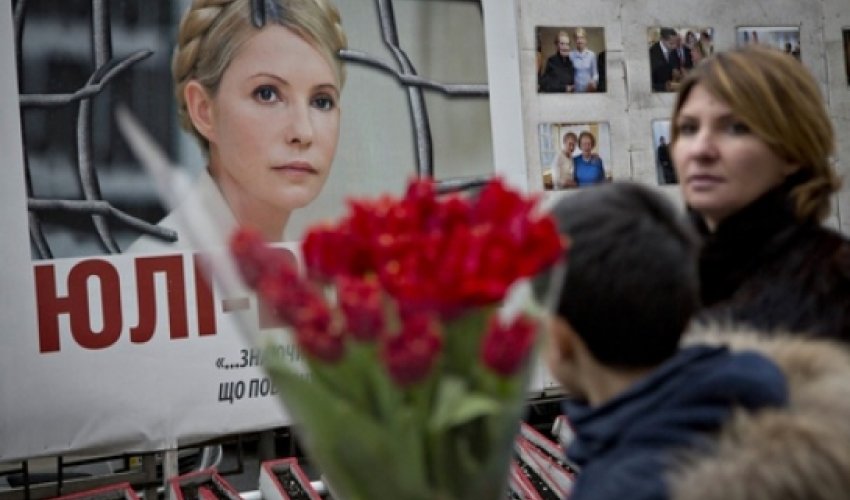
Parliament in Kiev voted to remove the president from power and called elections for 25 May, while politicians from the south and east of the country said they would not recognise the authority of the capital.Security forces left the streets and public buildings unguarded, and the president's offices and residence were vacant. Protesters moved into the vacuum, setting up their own checkpoints.MPs heard held an emergency session in which they elected a new speaker and new ministers and voted for the release of Tymoshenko. The former prime minister was released from a hospital in Kharkiv and is expect to fly to Kiev.Many of the MPs for southern and eastern Ukraine were absent from the session. Instead hey were at a pre-scheduled congress of regional politicians in Kharkiv, where the president was also believed to be.The new interior minister, Arsen Avakov, declared that the police were now behind the protesters they had fought for days, with 77 people killed and leaving central Kiev with the look of a war zone while central authority crumbled in western Ukraine.Members of the protesters' "self-defence" militia guarded the grounds of Yanukovych's residence outside Kiev.The disintegration of Yanukovych's government marks a setback for the Russian president, Vladimir Putin, who had counted on the Ukrainian leader to bring the country into a Eurasian union of former Soviet-bloc nations.A senior security source said Yanukovych was still in Ukraine, but was unable to say whether he was in Kiev. An ally was quoted as saying he was in the country's generally pro-Russian east.The Unian news agency cited Anna Herman, an MP close to Yanukovych, as saying the president was in the north-eastern city of Kharkiv, in a mainly Russian-speaking province.The government, still led by a Yanukovych ally, said it would ensure a smooth handover of power to a new administration."The cabinet of ministers and ministry of finance are working normally," the government said in a statement. "The current government will provide a fully responsible transfer of power under the constitution and legislation."Yanukovych, who enraged much of the population by turning away from the European Union to cultivate closer relations with Russia three months ago, made sweeping concessions in a deal brokered by European diplomats on Friday after days of pitched fighting in Kiev, with police snipers gunning down protesters.But the deal, which called for early elections by the end of the year, was not enough to satisfy demonstrators, who want Yanukovych out immediately in the wake of the bloodletting.Parliament has acted quickly to implement the deal, voting to restore a constitution that curbs the president's powers and to change the legal code to allow Tymoshenko to go free. On Saturday, MPs voted to speed up her release by eliminating a requirement that the president approve it.The speaker of parliament, a Yanukovych loyalist, resigned and parliament elected Oleksander Turchynov, a close Tymoshenko ally, as his replacement.Two protesters in helmets stood at the entrance to the president's Kiev office. Asked where the state security guards were, Mykola Voloshin said: "I'm the guard now."Dmytro Pylipets, 32, a doctor from Kharkiv who was wearing military fatigues and helmet, said: "I think Yanukovych is frightened and panicking. I feel we are almost there. The Maidan revolution is almost done."Tymoshenko's release could transform Ukraine by giving the opposition a unifying leader and potential future president, although Vitali Klitschko and others also have claims.She was jailed by a court under Yanukovych over a natural gas deal with Russia she arranged while serving as premier. The EU had long considered her a political prisoner, and her freedom was one of the main demands it had for closer ties with Ukraine during years of negotiations that ended when Yanukovych abruptly turned towards Moscow in November.In a sign of the quick transformation, the interior ministry responsible for the police swung behind the protests. It said it served "exclusively the Ukrainian people and fully shares their strong desire for speedy change".Avakov told Ukraine's Channel 5 TV: "The organs of the interior ministry have crossed to the side of the protesters, the side of the people."Leaders of Ukraine's Russian-speaking eastern provinces, however, voted to challenge anti-Yanukovych steps measures taken by parliament in Kiev. Eastern regional politicians meeting in Kharkiv adopted a resolution saying the measures "in such circumstances cause doubts about their ... legitimacy and legality."The central state organs are paralysed. Until constitutional order and lawfulness are restored … we have decided to take responsibility for safeguarding constitutional order, legality, citizens' rights and their security on our territories."The governor of Kharkiv, Mikhaylo Dobkin, told the meeting: "We're not preparing to break up the country. We want to preserve it."Yanukovych's concessions on Friday ended 48 hours of violence that had turned the centre of Kiev into an inferno of blazing barricades. Without enough loyal police to restore order, the authorities had resorted to placing snipers on rooftops who shot demonstrators in the head and neck.The foreign ministers of France, Germany and Poland negotiated the concessions, in what the Kremlin's envoy acknowledged as superior diplomacy.Yanukovych, 63, a former Soviet regional transport official with two convictions for assault, did not smile during a signing ceremony at the presidential headquarters on Friday.(theguardian.com)ANN.Az
























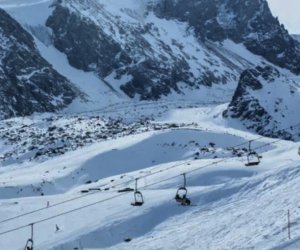
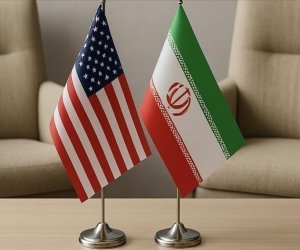
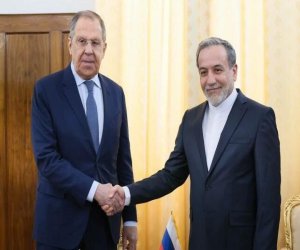
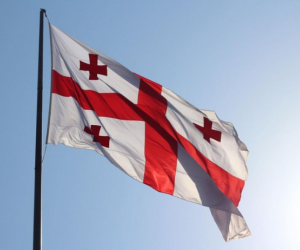
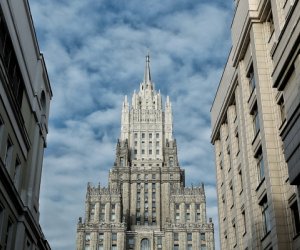
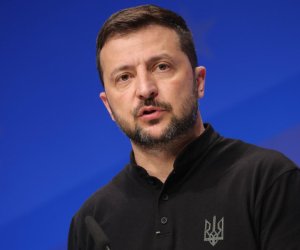
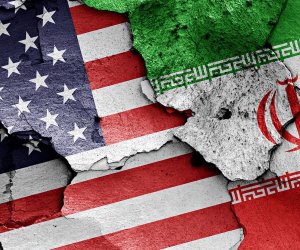
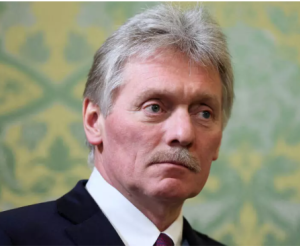




 Photo
Photo 



 Video
Video 

